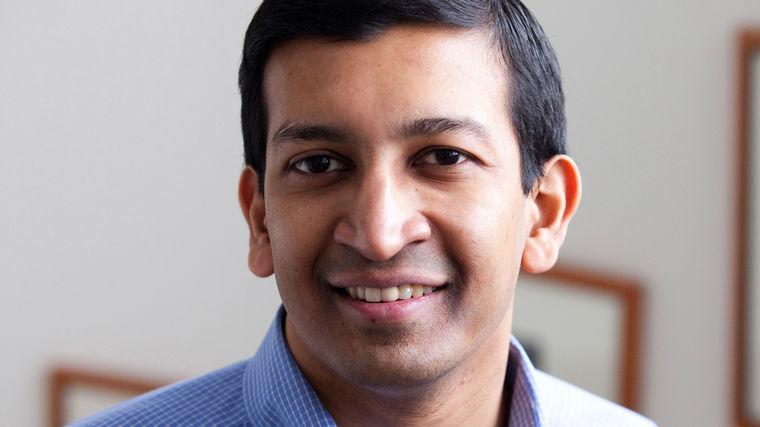Raj Chetty is one of the world’s leading economists and his efforts to level the economic playing field in the U.S. have earned him a MacArthur “Genius” grant and the John Bates Clark Medal for the best American economist under 40. His latest research, a sobering analysis of census data on 20 million children and their parents, proves that black boys are the least likely of any group to climb out of poverty—and the most likely to fall into it.
“You would have thought intuitively, like we expected going in, that when you get to a certain income level, maybe racial disparities disappear; that at some point, you can kind of escape the poverty trap,” says Chetty on PBS News. “But that really doesn’t seem to be the case. Even once your parents reach a high income level it continues to be the case that black men have higher odds of essentially ending up at the bottom of the income distribution than staying at the top of the income distribution.”
The grim discovery is being covered by The New York Times, NPR, The Washington Post, Vox, and The Economist. Check out the full PBS News interview below.

